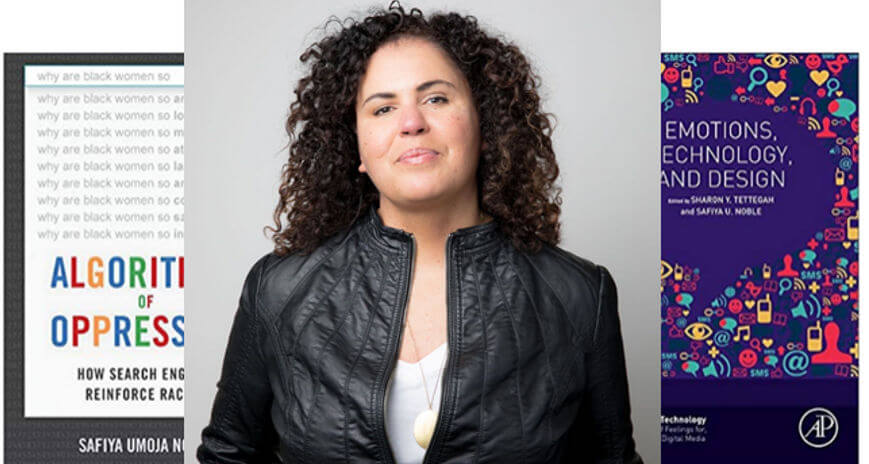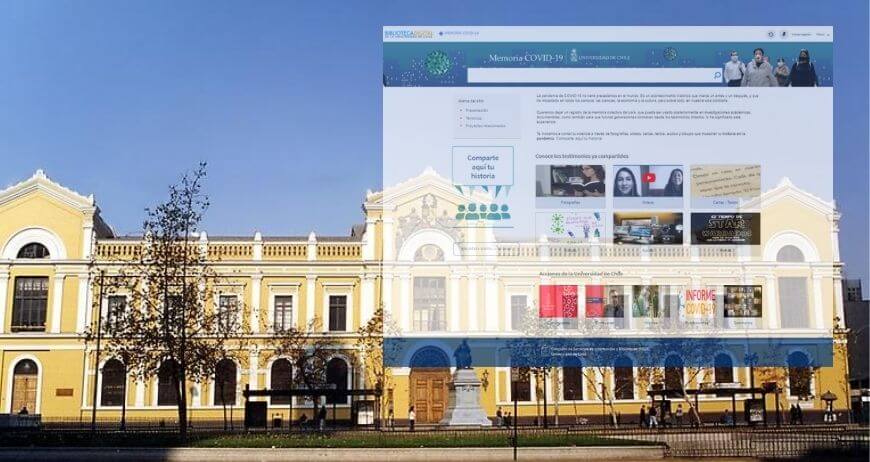We decided to use the last Buzz of 2016 to celebrate our favorite professional – the librarian. An interesting new study shows how librarians are perceived by the public, while an active Twitter feed gives librarians a chance to present themselves as they really are. Looking into 2017 and beyond, we’ve also seen what the librarian of the future might look like, as well as how libraries themselves will have to adapt to a changing world. Finally, we highlight one interesting, but difficult, long-term library project that we hope might yet overcome some of its greatest challenges in 2017.
Maine State Library study finds that Librarian is one of the most trusted professions
A survey prepared and carried out by the Maine State Library shows that the public finds librarians to be among the most trustworthy professionals today, second only to nurses. The study also broke down the survey data by demographics, including such aspects as income and education. Yet, the results were pretty consistent – people trust librarians. Read more of the stats here >>>
Breaking the Librarian Stereotype #iamalibrarian
While trustworthiness is surely a positive trait for people to associate with librarians, Vable, a brand awareness management company, noted that librarian is “a varied and often misunderstood profession.” Taking notice of the #iamalibrarian hashtag, Vable blogger Pip Christie says the Twitter feed provides a window into the true lives of librarians. Through a series of tweets, Christie presents who librarians are, what they do, common misconceptions, and their “zest for learning….” Find out who says “#iamalibrarian” here >>>
The research librarian of the future: data scientist and co-investigator
The prestigious London School of Economics has published a brief, but perceptive, article exploring how the role of librarians is perceived today and how it should change in the future. The authors suggest that research librarians will need to leverage new data science and digital skills in a more collaborative environment. Doing so, the authors write, will mean librarians “can truly change how they are perceived: from an overhead service to research co-investigators.” How? Read on for some answers>>>
Time to Change Everything Again…For Generation Z
Looking a bit more broadly into the future, Steven Bell of the Library Journal write that libraries will need to (once again) adapt to meet the needs of a new generation. He draws some conclusions for libraries and librarians based on an American study of 1,007 students ages 11–17 (known as “Generation Z”) and their teachers. But don’t worry, Bell says, it will probably be “less than cataclysmic.” Read about how much less here >>>
Why usability testing should be a part of regular library activity
If things need to change in the library of the future, then The Library Lab blog has a suggestion of what might be a good place to start. Anneli Friberg, of Linköping University Library, writes that user experience and usability have become recognized as important for the modern library. However, she explains, any adaptation of physical spaces and services needs to be based on systematically gaining data on how library patrons actually interact with your library. Read here about how they did it at Linköping University in Sweden >>>
Can Twitter Fit Inside the Library of Congress?
Not every forward-thinking library project is a success – at least not in the timeframe expected. One very ambitious and high-profile library project has not seen much progress since it was announced in 2010 – the effort to catalogue all public Twitter tweets in the Library of Congress. Both Twitter and the US government were on board, but little did they know the pace of both tweets and technology would far outstrip the national library’s capabilities. Will the Twitterverse be catalogued in 2017? Time will tell. Read more here >>>









